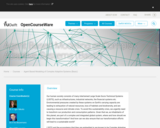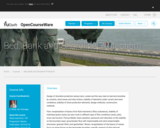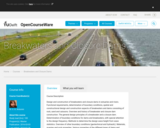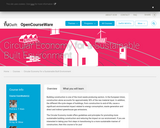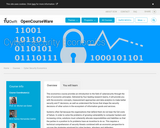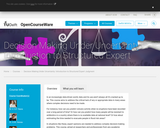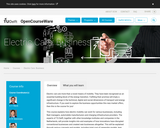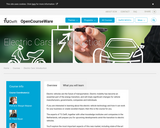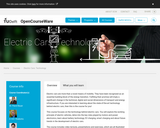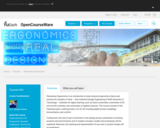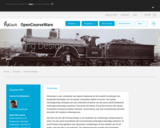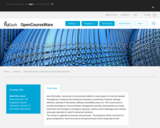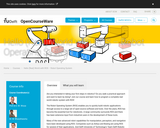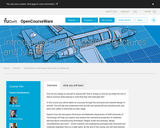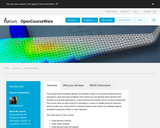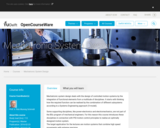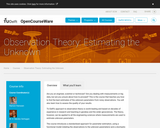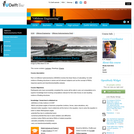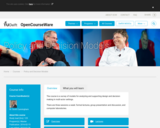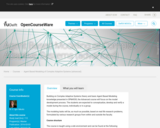
Building on Complex Adaptive Systems theory and basic Agent Based Modeling knowledge presented in SPM4530, the Advanced course will focus on the model development process. The students are expected to conceptualize, develop and verify a model during the course, individually or in a group. The modeling tasks will be, as much as possible, based on real life research problems, formulated by various research groups from within and outside the faculty.
Study Goals The main goal of the course is to learn how to form a modeling question, perform a system decomposition, conceptualize and formalize the system elements, implement and verify the simulation and validate an Agent Based Model of a socio-technical system.
- Subject:
- Applied Science
- Computer Science
- Material Type:
- Full Course
- Provider:
- Delft University of Technology
- Provider Set:
- TU Delft OpenCourseWare
- Author:
- Dr. Ir. I. Nikolic
- Date Added:
- 03/03/2016
